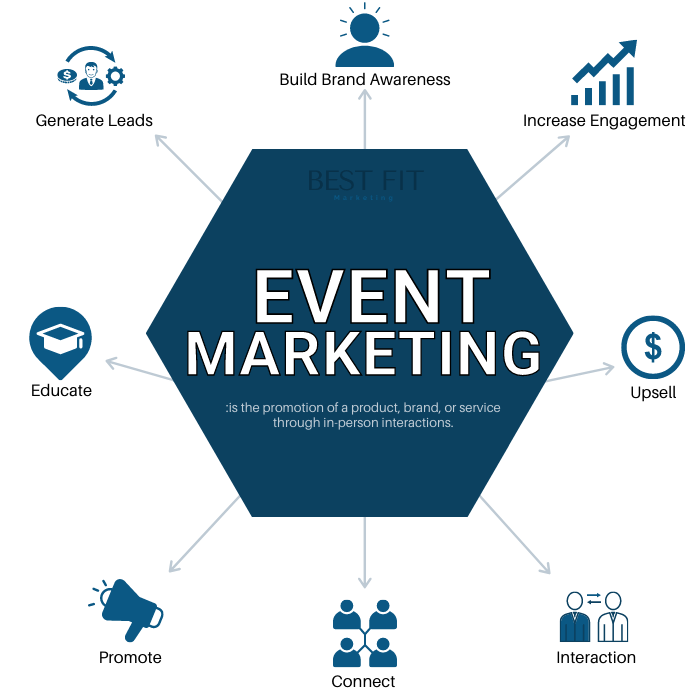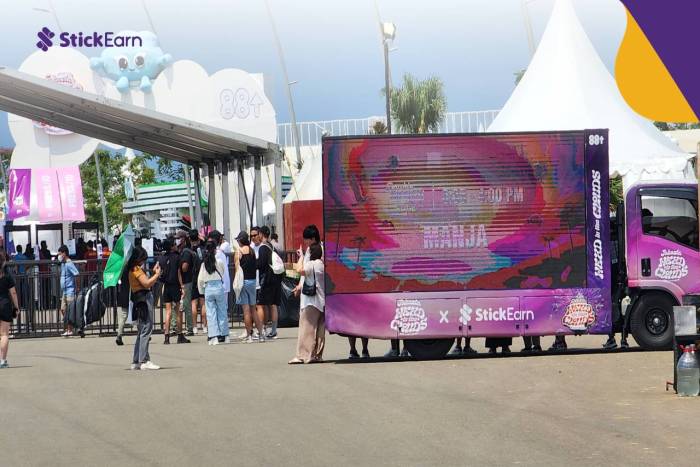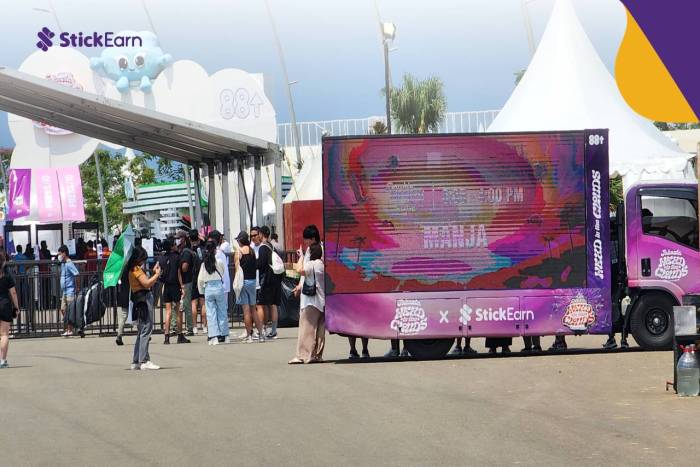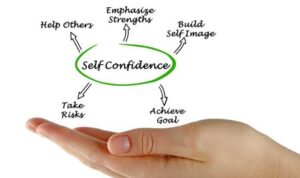Event Marketing for Small Businesses sets the stage for unique strategies and success stories, offering a glimpse into the world of standing out in a competitive market with creative events and promotions that make an impact.
Discover the secrets to planning, organizing, and promoting events that leave a lasting impression on your audience.
Importance of Event Marketing for Small Businesses
Event marketing is crucial for small businesses as it provides a unique opportunity to engage with customers on a more personal level, showcase products or services, and build brand awareness. By hosting events, small businesses can create memorable experiences that leave a lasting impression on attendees, leading to increased customer loyalty and word-of-mouth referrals.
Examples of Successful Event Marketing Campaigns for Small Businesses
- Pop-Up Shops: Setting up temporary retail spaces in high-traffic areas to drive sales and create buzz around the brand.
- Workshops and Classes: Hosting educational events related to the business industry to position the company as an expert in the field.
- Community Events: Participating in local festivals, fairs, or charity events to connect with the community and show support for local causes.
How Event Marketing Can Help Small Businesses Stand Out in a Competitive Market
Event marketing allows small businesses to differentiate themselves from competitors by offering a unique and interactive experience for customers. By creating engaging events that resonate with the target audience, small businesses can increase brand visibility, attract new customers, and ultimately drive sales. In a crowded marketplace, event marketing can be a powerful tool to showcase the personality and values of a small business, setting it apart from larger corporations.
Types of Events Suitable for Small Businesses

When it comes to events for small businesses, it’s essential to choose the right type that aligns with your niche and goals. Different events can help businesses showcase their products, engage with customers, and build brand awareness.
Pop-Up Shops
Pop-up shops are temporary retail spaces that allow businesses to interact with customers in a physical location. They are great for small businesses looking to test new markets, attract foot traffic, and create a unique shopping experience.
Networking Events
Networking events provide small businesses with the opportunity to connect with potential customers, partners, and industry influencers. These events can help businesses build relationships, generate leads, and increase brand visibility.
Workshops and Seminars
Hosting workshops and seminars can position small businesses as industry experts and thought leaders. These events allow businesses to share knowledge, educate their audience, and establish credibility in their niche.
Online Webinars
Webinars are virtual events that enable small businesses to reach a global audience and engage with customers online. They are cost-effective, convenient, and can help businesses generate leads, educate their audience, and drive sales.
Community Events
Participating in or hosting community events can help small businesses connect with local residents, support causes, and demonstrate their commitment to the community. These events can enhance brand loyalty and create a positive brand image.
Trade Shows and Expos
Trade shows and expos provide small businesses with the opportunity to showcase their products or services to a targeted audience. These events can help businesses generate leads, network with industry professionals, and stay updated on market trends.
Benefits of Hosting Events for Small Businesses
Hosting both online and offline events can benefit small businesses in various ways, including:
Increasing brand visibility and awareness
Building relationships with customers and partners
Generating leads and driving sales
Positioning the business as an industry expert
Creating a memorable and engaging brand experience
Planning and Organizing Successful Events: Event Marketing For Small Businesses

Planning and organizing a successful event for a small business requires careful attention to detail and strategic thinking. By following key steps and guidelines, you can ensure that your event marketing campaign is effective and memorable.
Tips for Planning and Organizing a Successful Event
- Set clear goals and objectives for the event to guide your planning process.
- Define your target audience to tailor the event to their preferences and needs.
- Create a detailed budget that Artikels all expenses and revenue sources for the event.
- Develop a timeline with deadlines for key tasks to stay on track leading up to the event.
- Secure necessary permits, licenses, and insurance to ensure legal compliance.
Key Steps in Preparing for an Event Marketing Campaign, Event Marketing for Small Businesses
- Identify the type of event that aligns with your business goals and target audience.
- Design a compelling event concept and theme that resonates with your audience.
- Promote the event through various channels, including social media, email marketing, and partnerships.
- Create engaging event content, such as presentations, activities, and giveaways, to attract attendees.
- Evaluate and adjust your event plan as needed based on feedback and evolving circumstances.
Insights on Budgeting, Scheduling, and Logistics for Event Planning
- Allocate budget resources strategically to maximize impact and ROI for the event.
- Develop a detailed schedule that includes setup, event activities, and breakdown to ensure smooth operations.
- Coordinate logistics, such as venue selection, catering, and audiovisual equipment, well in advance to prevent last-minute issues.
- Communicate effectively with vendors, staff, and attendees to ensure everyone is informed and prepared for the event.
- Monitor event performance metrics, such as attendance, engagement, and sales, to measure the success of your event marketing efforts.
Promoting Events Effectively
To ensure the success of your event, it is crucial to effectively promote it to reach a wider audience. Utilizing various promotional channels and creative strategies can help generate buzz and excitement around your event.
Role of Social Media in Event Marketing
Social media plays a significant role in event marketing for small businesses. Platforms like Facebook, Instagram, Twitter, and LinkedIn allow you to engage with your target audience, create event pages, share updates, and interact with attendees. By leveraging social media, you can build anticipation, increase visibility, and drive attendance to your event.
Email Marketing for Event Promotion
Email marketing is another powerful tool for promoting events. Sending personalized invitations, event details, exclusive offers, and reminders through email can help increase awareness and encourage registrations. Make sure to segment your email list, craft compelling subject lines, and include clear call-to-action buttons to drive engagement.
Other Promotional Channels
In addition to social media and email marketing, consider utilizing other promotional channels such as influencer partnerships, local collaborations, community outreach, and traditional advertising (flyers, posters, radio ads). Collaborating with influencers or local businesses can help expand your reach and attract new attendees, while community outreach can build goodwill and enhance your brand reputation.
Creative Ideas for Generating Buzz
– Host a pre-event contest or giveaway to create excitement and incentivize attendance.
– Partner with local media outlets for event coverage and promotion.
– Create teaser videos or behind-the-scenes sneak peeks to build anticipation.
– Offer early bird discounts or exclusive perks for early registrants.
– Encourage attendees to share event details on their social media channels with a branded hashtag for increased visibility.






